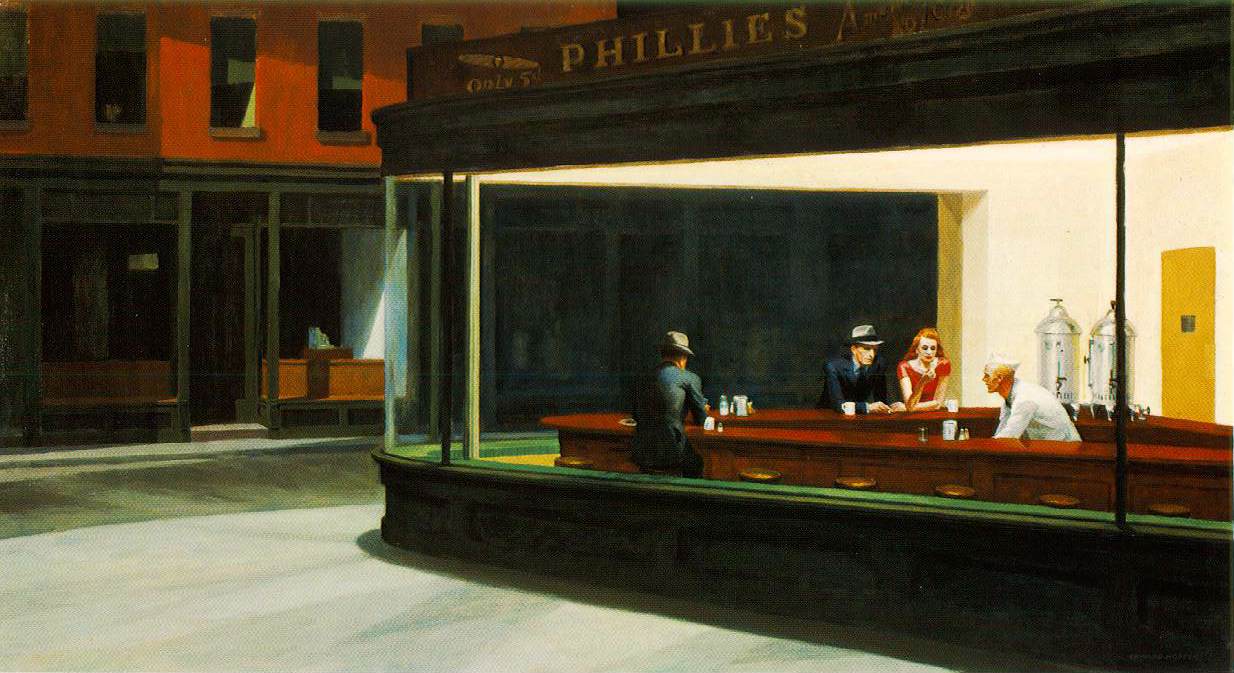Twice, today, I got to feel like a teacher.
My school is understaffed, which means I teach a couple of courses out of my area. OK, out of the six classes I teach (out of six periods of the day), four of them are not English. My schedule, this term, looks like this:
Period One: English I and II
Period Two: European History
Period Three: Music Appreciation and Expression
Period Four: Government and Economics
Period Five: Financial Literacy
Period Six: English III
I will pause until the laughter over my teaching economics and financial literacy has had time to subside. I will also say it’s exhausting and I have to be intentional about letting my life and my job be about something other than feeling tired.
The music class is a euphemism. I have taught an eighth grade elective all year that began as media literacy and then changed to film studies last term. When we started talking about a music class, I offered to teach the history of rock and roll and the academic dean came up with the name. The class is my largest – ten kids – and my most energetic. We’ve had a good year so far and I’ve had a blast introducing them to songs, singers, and songwriters they didn’t know about. Last week we finished up their presentations on the British Invasion and then watched “A Hard Day’s Night” as we talked about the Beatles (we’re not done with them just yet); this week we moved on to Bob Dylan.
I wanted them to encounter the songs this time, where their work thus far has focused on personalities, so I went through Dylan’s catalog and tried to pick out songs that would match the kids. The ten I chose were:
Blowin' in the Wind
Chimes of Freedom
Don't Think Twice (It's Alright)
Gotta Serve Somebody
Hurricane
Knocking on Heaven's Door
Make You Feel My Love
Like a Rolling Stone
Mr. Tambourine Man
The Times They Are A-Changin'.
Their instructions are to listen to the song and read the words until they can begin to respond to it, look up what others have said and felt about it, find out who has covered it, and then write an essay about the song and create some sort of art project. I created a web page where they could find links to the song and the lyrics. The computer lab has never been as quiet as it was as they listened through their headphones and dug into their songs. At lunch, an hour or so later, one of the boys who is working with “Mr. Tambourine Man,” made a point to come by my room and say,
“Mr. B-C, this guy is a poetic genius.” I smiled and he continued. “He repeats lines, but he changes a word or two so it means something different. It’s really good.”
Bob Dylan was old before this kid was even born. His parents weren’t alive when “Mr. Tambourine Man” was first released and yet today the song was new – to him. Though the song is bumping up on being sixty years old, it was new in his ears:
hey, mister tambourine man play a song for me
I’m not sleepy and there is no place I’m going to . . .
I have a student who deals with mild autism and is very concrete. He is a diligent and bright young man who works his butt off in class. He loves the feeling of accomplishment that comes with completing an assignment and presents it to me with almost an air of formality: “Mr. B-C, may I give this to you now?” His class, which is actually during first period, had a vocabulary quiz. Since they finish at different paces, I gave them an assignment related to
To Kill a Mockingbird, which we are reading right now, and it listed the characters and asked the students to describe the ways in which each one felt trapped and how they responded to that feeling. The final section asked the students to write about a time they felt trapped in their lives and describe what they did to handle it. During sixth period, when the boy has a study hall, he finished the work and brought it in to me with the usual ritual, “Mr. B-C, may I give this to you?” Then he paused and said, “I put a lot of emotion into that essay.”
“Thank you,” I said. “Thank you.”
There is nothing new under the sun, said the writer of Ecclesiastes. Yes, and life is filled with discoveries of stuff that’s new to us. I’ve read
Mockingbird twenty times if I’ve read it once. I learned how to play “Mr. Tambourine Man” in 1970 and it’s far too easy for me to agree “the ancient empty street’s too dead for dreaming.” But it’s not about me. They don’t know what I know, which means it’s yet to be discovered. Scout is still dressed like a ham and Dylan can almost carry a tune. The coolest thing is, thanks to them, I get to see with new eyes as well. What a gift.
hey, mister tambourine man, play a song for me
in the jingle jangle morning I’ll come following you
Peace,
Milton
. I clocked in for my nine hours at the computer store today and clocked out tired and worn and happy to come home. I will let the song be my melody for sleep this evening with this clip from Pierce Pettis, Grace Pettis, and Jonathan Kingham. First, Mark Heard’s lyric:





















